“Oh, you’ve got a little cluster of greys back here!” my hairdresser exclaims. “Really?” I reply, attempting to sound nonchalant as I mentally make a note of exactly where she’s snipping. As soon as I get home, instead of my usual routine of debating whether getting my fringe cut back in was a mistake, I rapidly locate my hand mirror and a pair of tweezers, and plonk myself in front of the bathroom mirror…
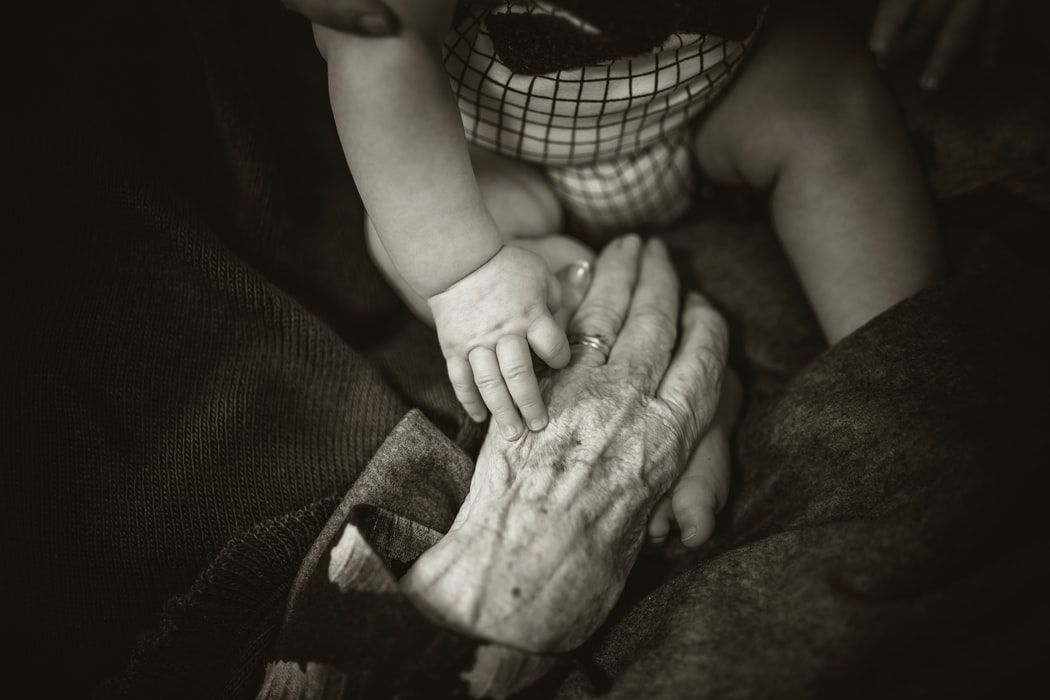
Growing Pains
I explore the back of my head until I find the dreaded spot my hairdresser gestured to, and relish the satisfying sting on my scalp as I pluck out all evidence of the expiry date on my youth.
As I write this, I’m a few days away from turning twenty-five. Officially and unarguably in my mid-twenties. The social media feeds of my peers are now filled with mothers with tired eyes trying to hold crawling children still, the beginnings of receding hairlines and board game nights replacing what would have once been evidence of drunken clusters in pub corners
I put up an Instagram poll asking how my women and AFAB peers felt about ageing. The responses ranged from excitement to sheer terror, and many stages in between.
There were worries that it came with more pressure. Birthdays becoming a reminder that you’re edging closer to expectations of having completed the ever-growing list of achievements, mostly linked to relationship status and motherhood, that ageing brings women closer towards.
Another recurring theme was that many in their early twenties already felt like they were beyond what society deems their ‘prime’. Friends shared tales of being catcalled in their school uniform more than they ever do now, despite being, you know, clothed in something demonstrating literal childhood. People divulged that they still glorified their teenage body; that they were still learning to be comfortable with larger hips, and thighs that had come with their body maturing.
Many ardent feminist friends of mine unloaded deeply rooted fears around the loss of their youth, and admitted feelings of shame about the internalised misogyny they possessed. I too had never realised the extent of my own until noticing these first few markers of ageing.
But are any of us immune? Due to the huge uptake in the usage of Botox and dermal fillers, we no longer see many of the celebrities and people we admire in the media show signs of ageing. The most well-known family of a generation, the Kardashians, possess smoother skin than most twenty-somethings whilst in their forties thanks to an array of plastic surgery.
20 to 28-year-olds opted for dermal fillers 33% more in 2015 than they did just five years prior, and use of Botox has increased by 845% since 2000. The muscle relaxant treatments are no longer only for those over 40, but ‘preventative’ treatments are becoming the norm. People are paying hundreds of pounds multiple times a year to not only reverse ageing, but to prevent any minor elements of it even beginning. It’s no wonder young women today are so repulsed by signs of ageing when it’s become so normalised to disguise them.
I’ve also witnessed a new trend emerging on social media of before and after pictures of a celebrity usually separated by a decade or two, with the caption decrying completely natural ageing as the result of someone being problematic. Or in the cases of people like Beyoncé or Jennifer Aniston, lack of ageing is apparently a result of individual wokeness. Whilst this appears harmless fun on the surface, it plays into the widespread and insidious belief that being youthful is inherently linked to goodness, and age to evil. Such messaging starts young, with the cookie-cutter fairy-tale heroine always the beautiful young woman, her storyline a battle with an older, bitter female relative poised to interrupt the whirlwind love story. This culminates in a belief that some of us just should not age.
When I look back at photos of my younger self, I admire her fuller cheeks, lack of dark circles and crease-free smile. I’m trying to only embrace the changing parts of myself, accepting that my skin will never be as plump as it once was; and that that’s okay.
I’ve learnt a lot in the last few years, one thing being that I’m set to look exactly like my dad. (Those apps that do gender and age face swaps are not for the fainthearted). I’m grateful that I have the opportunity to age, and for the experience and knowledge I exchange for the odd wrinkle and grey hair here and there.
Here’s to getting old.

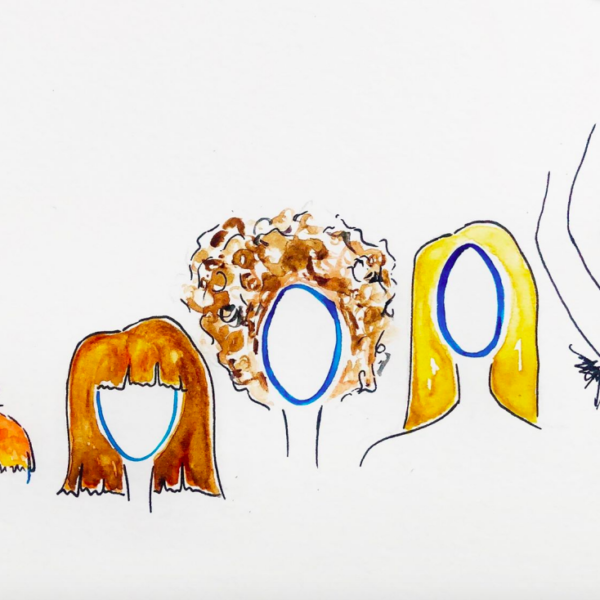
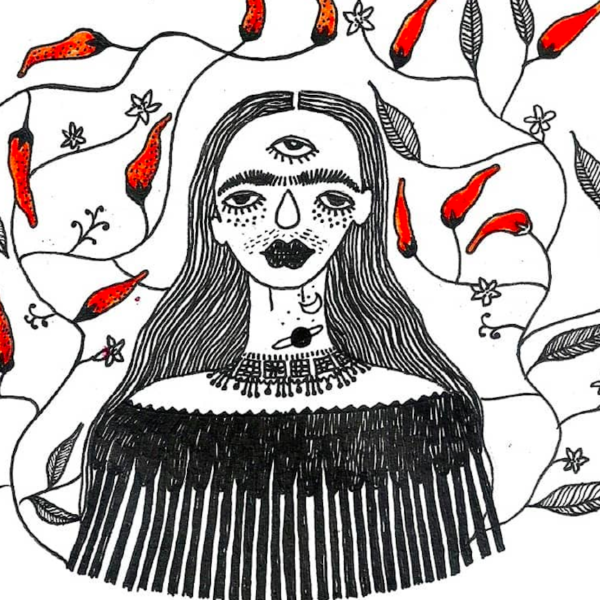
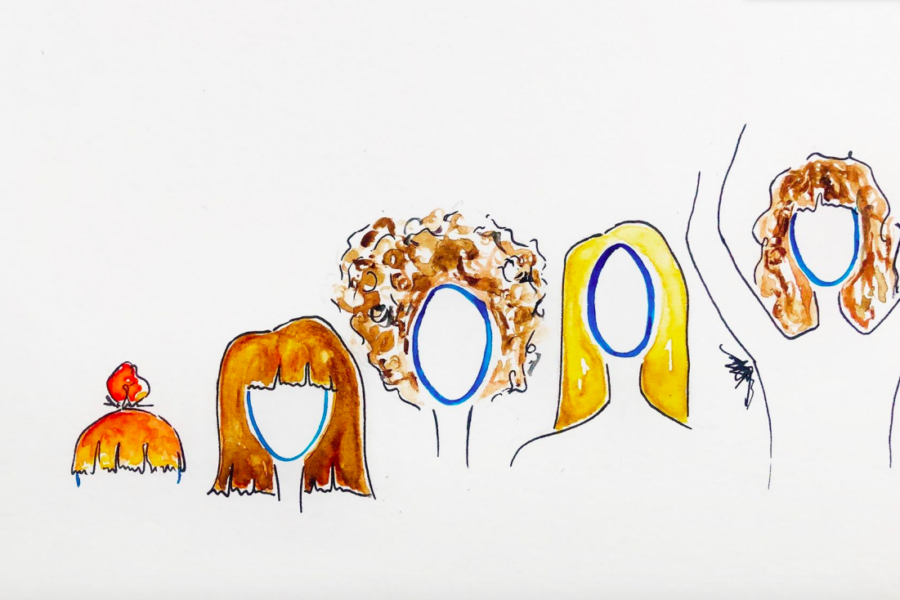
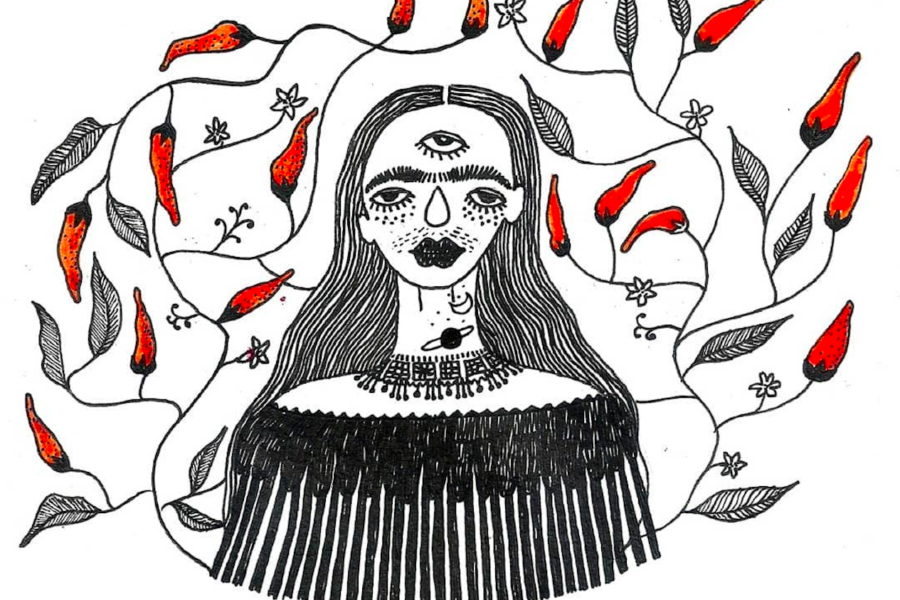
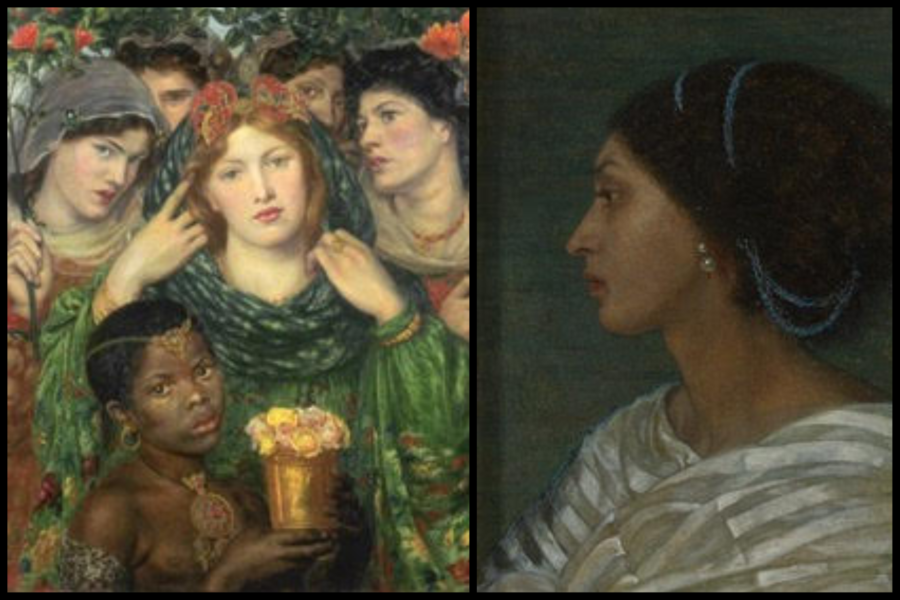
Leave a Comment